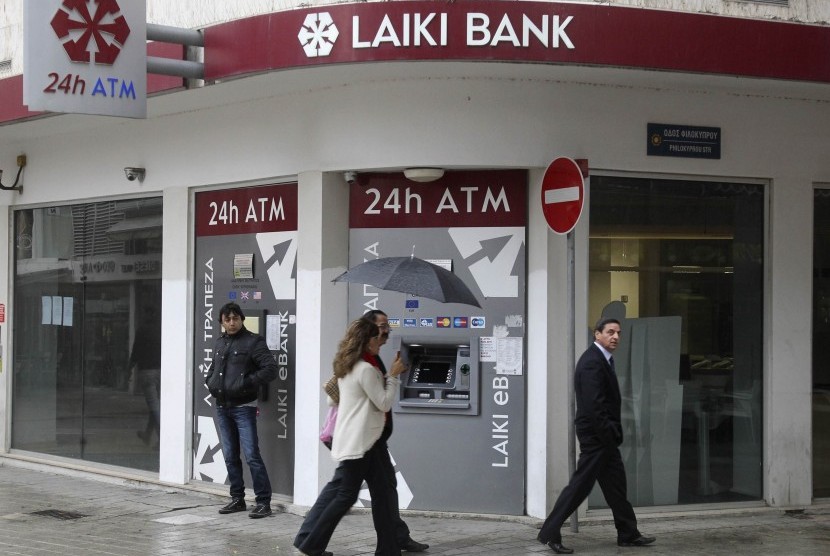By Elba Damhuri, reported from Washington, DC
Global financial system has been changed recently in line with the coming up of financial crisis in the US and Eurozone. The world economy now faces new challenges, new forms of cooperation, and new risks while the old ones still standing very closely near us. ASEAN countries also must adapt to such conditions.
ASEAN countries takes a lead in strengthening their economy by promoting trade integration in the region. Now, they are moving forward by implementing free trade area in the context of ASEAN Economic Community (AEC). The free trade area will remove borders among countries and enable the flows of products, humans, as well as money.
ASEAN realizes that playing alone is not enough amid the strong waves of the world economic turmoil. Hence, ASEAN expands cooperations to other big partners in Asia and builds new scope of an economic integration called as Regional Comprehensive Economic Parternship. Regional policy makers believes that the robust pace will deepen the economic integration.
Yet, ASEAN still faces problem with financial integration. Unlike trade integration, financial integration has proceeded at a slower pace although International Monetary Fund (IMF) considers there is an more enormous flow of money among ASEAN countries.
Indonesia's minister Mari E Pangestu also admitted that financial integration must be accelerated to broaden the scope of the economic integration. Individual countries in ASEAN are confronted by the different set of rules in banking sector which can be solved by equalising each regulations. It raises a question: Do we need ASEAN financial integration?
In Europe, such integration only draws people towards some complicated prolonged problems. Financial crisis shadows the future of of younger generation in Greece, Cyprus, Portugal, and Spain. While unemployment rates jumps high compared to the last decade that leads to turmoils and social unrest.
Yet, IMF has different things in mind and considers that there are benefits of financial integration not only for Asia but also for the world. The move is viewed as the next important step in Asia's involvement in integration of the global economy. IMF believes that regional and global financial integration will help deepen financial markets and strengthen the resilience of ASEAN economies to contain external shocks.
Such integration is also believed will facilitate the better use of Asia's huge pool of savings, including for investment in the region. The integration will enable the region to participate in the global economy in a more balanced fashion.
The Fund suggests that policymakers in the region must rebuild room for macroeconomic policy. The IMF believes the measure will stimulate the regional economy to alleviate poverty, increase welfare, and strengthen economic growth.


